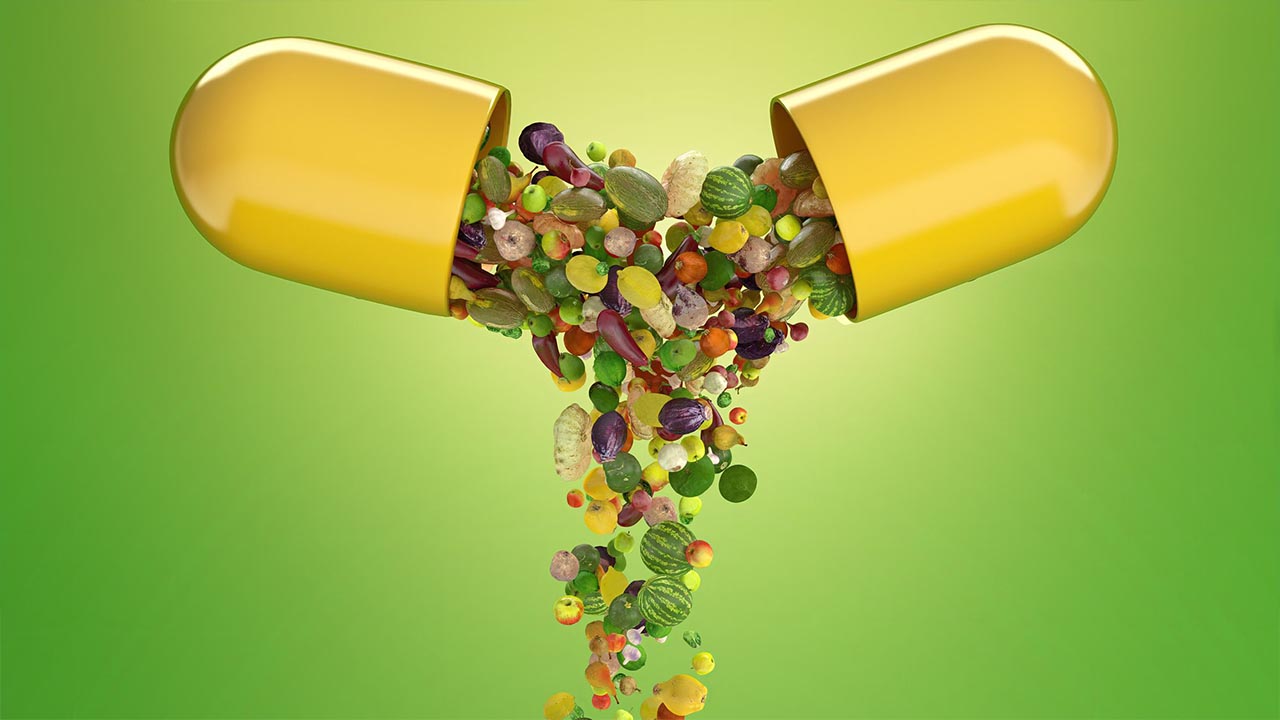The vascular system and vitamins are your diet’s most important factors. These two components work together to support healthy blood vessel growth and function. When these two elements are in balance, the healthy development of each organ is ensured. This article will discuss the relationship between the cardiovascular (CV) system and vitamins in your diet. As we age, our glial cells lose their ability to produce new glial cells. The resulting thinning of the blood vessels results in less oxygenation in our bodies. As a result, people who live long lives tend to have lower levels of bodily fluids necessary for maintaining health. On top of this, many people also have low levels of certain vitamins and minerals that may be posed a problem if they get out of balance during the night or during other times when they don’t need them. You might have heard about the importance of having high blood sugar levels after a meal, so you don’t have excess sugar in your body at night. It is also important to have adequate amounts of red and white cell folate and zinc levels because these are essential for good muscle growth.
The relationship between the cardiovascular system and vitamins in your diet
Vitamins are substances that affect the blood vessels and muscles in your body. They usually have several functions, such as increasing blood flow and blood pressure, improving overall health, and supporting healthy body function. Aging is a condition in which our bodies lose their ability to make new blood cells, and our bodies become less able to get oxygen (the life-sustaining nutrient). As a result, our bodies don’t produce as much oxygen, making our entire bodies feel tired and relaxed. As we age, our bodies are less able to produce new blood cells, leading to an overall decline in our quality of life.
The importance of nutrition in aging
Nutrition plays an important role in the function of every body part, particularly in the heart. It is one of the main ingredients in medicine and is also found in our diet as a good source of fiber. The fiber in our diet helps prevent heart disease and other major preventable conditions such as cancer and liver and muscle diseases. A healthy diet should be balanced with a variety of organic and inorganic nutrients to provide the body with the right amount of benefits. To maintain healthy body composition, consuming a diet that includes lots of fruits and vegetables and fish, poultry, and beans is important. A diet high in vegetables and fruits can help prevent heart disease and offer many health benefits. You also support healthy glucose metabolism by consuming a diet high in fruits and vegetables, improving blood pressure and heart rate. Hence we know that vascular system and vitamins are both important for each other.




